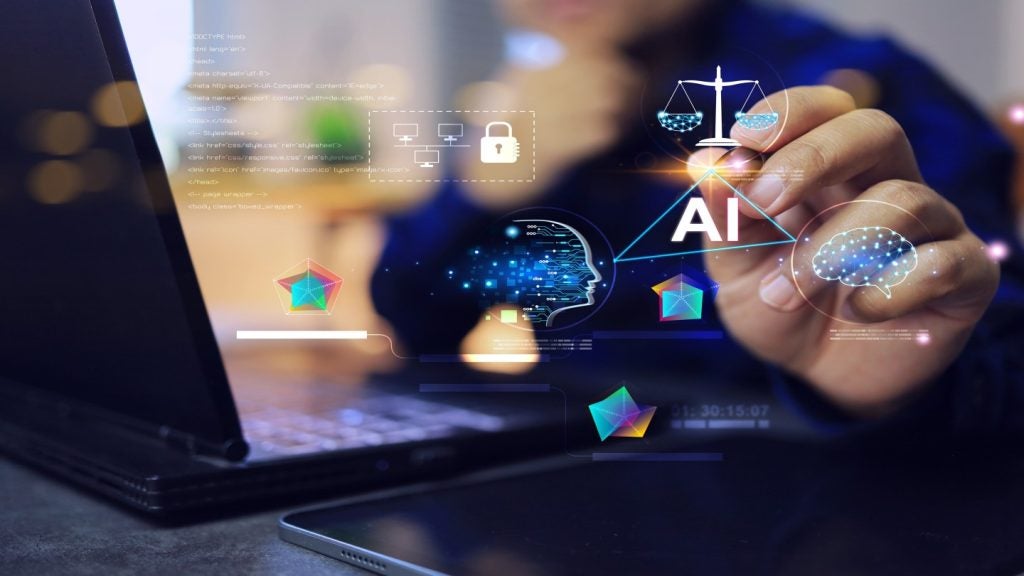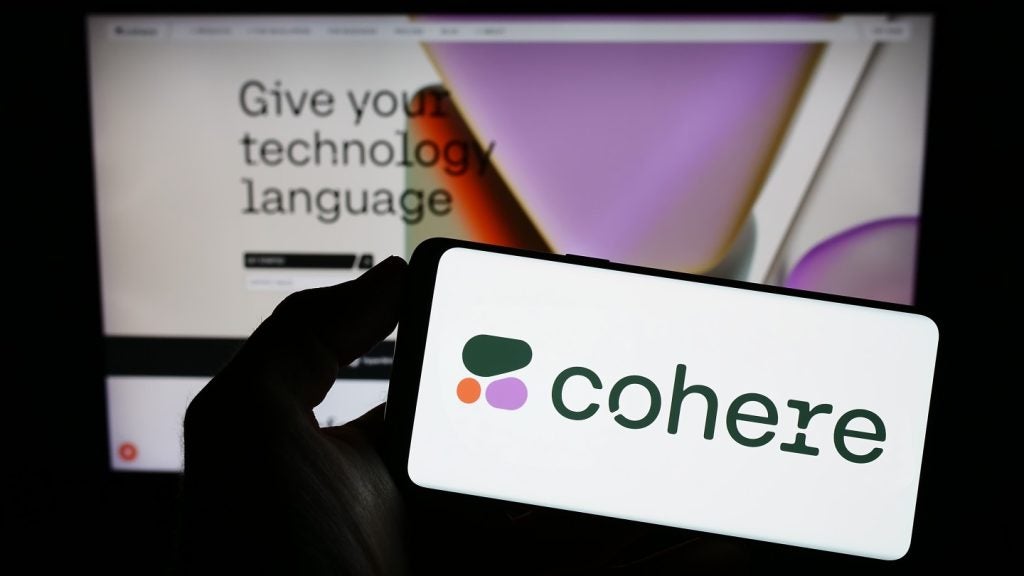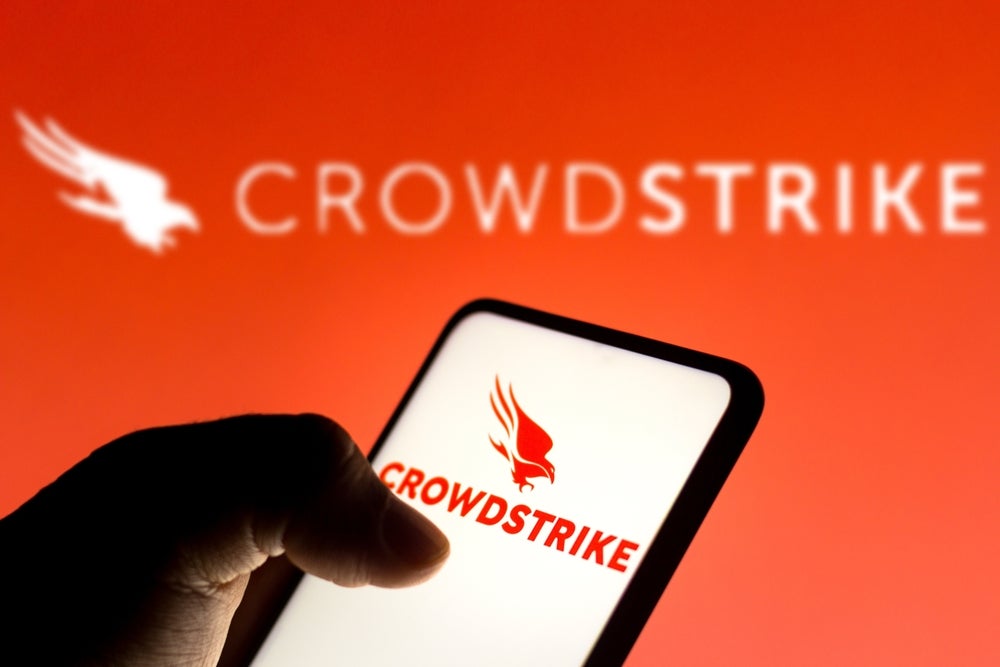
We’re entering a brave new working world, says Samsung.
Dubbed the open economy, the future of the workplace is changing thanks to developments in society and the impact of technology, according to a new report by the South Korean-based company.
We’re no longer confined to 9-5 jobs in an office, instead the new way of working is characterised by freelancing, startup driven innovations and collaboration.
This new way of working, Samsung says, will allow companies to realise their visions of a “more productive future”.
Technology like machine learning and artificial intelligence will present opportunities to grow and expand. This is something that has been seen across different sectors, particularly the healthcare industry.
Brain Solis, founder of digital consultancy the Altimeter Group, said:
How well do you really know your competitors?
Access the most comprehensive Company Profiles on the market, powered by GlobalData. Save hours of research. Gain competitive edge.

Thank you!
Your download email will arrive shortly
Not ready to buy yet? Download a free sample
We are confident about the unique quality of our Company Profiles. However, we want you to make the most beneficial decision for your business, so we offer a free sample that you can download by submitting the below form
By GlobalData“We are looking at a future in which companies will indulge in digital Darwinism, using the Internet of Things, AI and machine learning to rapidly evolve in a way we’ve never seen before.”
However, before we run away with the new developments that will come with the new working era, there are barriers, namely security challenges.
It’s great to incorporate technology at every level of the business to encourage speed and efficiency but this can open up businesses to new and different kinds of threats.
Samsung’s roundtable discussion on the Open Economy. L-R: Marie Puybaraud, head of research, JLL; Anthony Bruce, partner, PwC; Marcos Eguillor, BinaryKnowledge; Nick Dawson, global director, Samsung Knox; and Sean Geer, technology journalist
It is predicted that there will be around 7.3bn Internet of Things (IoT) devices in use in offices and home spaces around the world in 2020.
However, the threat from insecure objects is well known. In October 2016, an orchestrated DDoS attack using insecure IoT devices took down the majority of websites across Europe and the US.
The attack was considered to be “twice as powerful as any similar attack on record”, according to David Fidler, adjunct senior fellow for cybersecurity at the Council on Foreign Relations.
In 2016 alone, cyber crime cost the global economy $416bn according to the World Economic Forum’s global risks report, and research predicts that the overall cost of corporate data breaches could rise to $2.1trn by 2019.
Current workplace security systems are not yet ready for truly open working practices and concerns around this are preventing organisations from boosting their digital capacity.
Jonathan Tate, UK and EMEA technology consulting leader at PWC, said:
“The pace of change of technology is far exceeding the speed at which many organisations are changing their behaviours and working practices at the moment. Businesses need to wake up to that now.”
There is a need to balance openness with security. Platforms like Samsung Knox, a security platform which embeds encryption and security keys in a secure, chipset-based hardware container to allow the creation of secure and isolated work is one way of doing it.
Education is another way. By ensuring employers and employees are serious about data and understand what needs to be done to protect it, this will help encourage conversations and inform staff about what needs to be done.
In addition, according to a recent study by SoftServe, digital investments need to be seen as business objectives. This allows the right funds and resources dedicated to carrying out necessary security measures.
Businesses know they need to implement digital changes to fully benefit in the future, they’re not stupid.
But it is important to stress that the right digital changes are being in place, whether that’s implementing the right security software or ensuring there is a qualified team on board to protect from whatever digital threats could be seen in the future.








